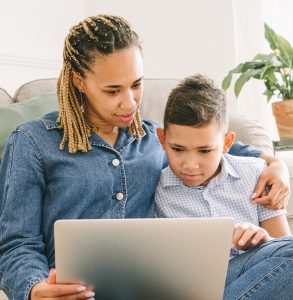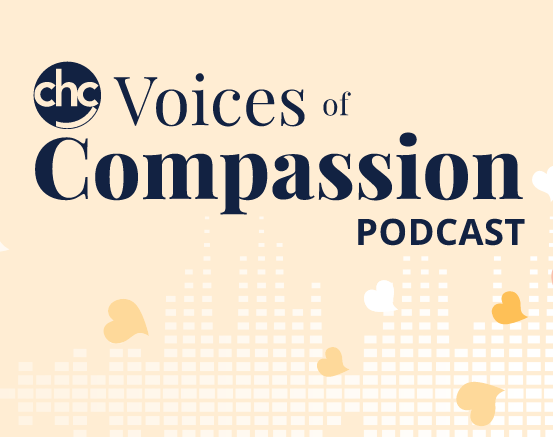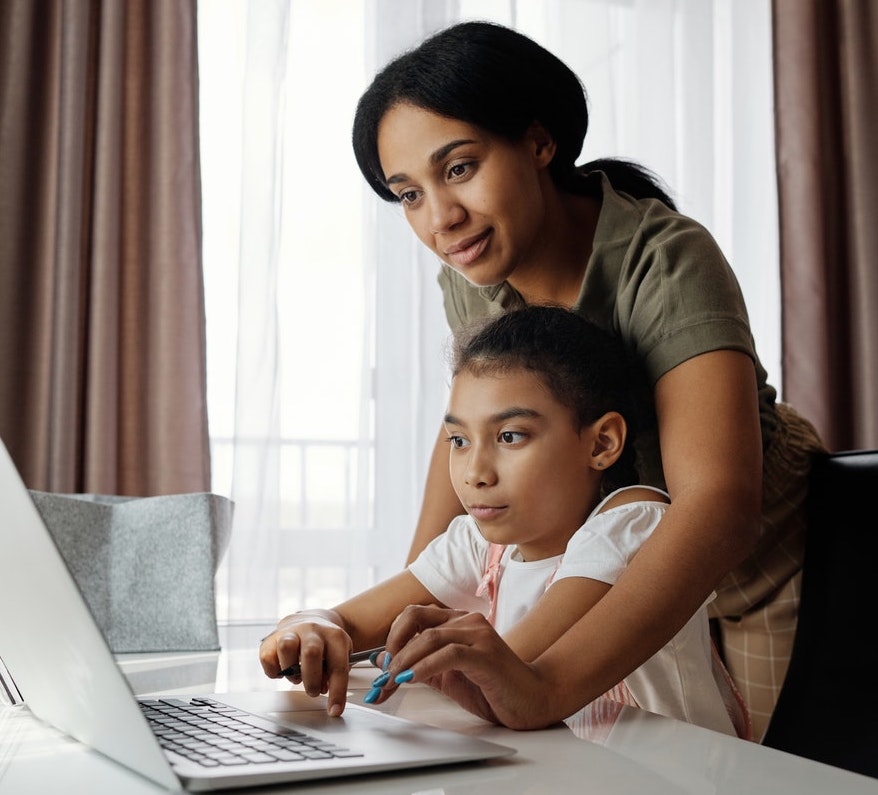Support for Kids With ADHD During the Pandemic
 As the pandemic continues to restrict all of our lives, we’re hearing from many families that children with ADHD are struggling — including those who were thriving before their classrooms, activities and supports were disrupted.
As the pandemic continues to restrict all of our lives, we’re hearing from many families that children with ADHD are struggling — including those who were thriving before their classrooms, activities and supports were disrupted.
Remote schooling has made it more difficult for them to stay on track and meet behavioral expectations. Here are suggestions for helping kids with ADHD during this pandemic winter.
Structure the day
You’ve heard it continuously since the lockdown last spring, but structure is crucial during this prolonged disruption, especially for kids with ADHD. “A child with ADHD often doesn’t deal well with uncertainty, long delay of gratification, and not knowing when the activities they will find more rewarding are going to occur,” notes David Anderson, PhD, a clinical psychologist at the Child Mind Institute. “So, especially with the younger kids, it’s important to have a schedule that’s posted somewhere in the home that shows what they’re going to be doing at any given time of the day.”
Help your child connect with the teacher
For kids with ADHD, the personal connection to the teacher is crucial to learning, and it’s harder to establish remotely than in the classroom. It’s also more daunting for kids to ask questions on Zoom, and more difficult for teachers to know who’s struggling and needs extra attention. That’s why it’s important for kids to ask for one-on-one help. “I encourage kids to reach out to teachers to say, ‘I have a question,’ or, ‘I want to share this thing with you,’ or, ‘I’d like to discuss this topic,’ ” explains Koffmann. “It’s not only helpful for reinforcing the information and actually answering questions that kids might be too shy or embarrassed to ask in front of their peers, but it also helps to build that connection with the educator that has a positive impact on the learning experience.
Think in terms of learning bursts
Instead of thinking of a school day devoted to learning running from 9am to 3pm, it will be good to think in terms of learning bursts, as research shows that children can only really focus and work effectively for 45 minutes at the most.
Clinicians sometimes call this “chunking” — engaging kids for a period of time that’s realistic for their attention span, and then giving them a break. Kids with ADHD in particular benefit when parents are able to set clear expectations in advance for how long each chunk will last and what they are to do in that time period, and then follow up to see if they did the work as expected.
Make it multi-sensory
A passive “sit and listen and watch kind of experience” is especially hard for kids with ADHD to focus on, so making it multi-sensory can enhance concentration. For older students, note-taking can help engagement. “Even if it’s jotting down a few main ideas or drawing a picture or writing down the things that the teacher’s writing on the white board,” Koffmann adds, “it promotes processing and retention.”
Excerpted from “Support for Kids With ADHD During the Pandemic” from Child Mind Institute. Read the full article for additional tips.
Source: Child Mind Institute | Support for Kids With ADHD During the Pandemic, https://childmind.org/article/giving-kids-with-adhd-support-and-structure-during-the-coronavirus-crisis | ©2021 Child Mind Institute, Inc.
If you are a parent or caregiver and would like to schedule an evaluation or get advice about your child’s challenges, call or email a CHC Care Manager at 650.688.3625 or careteam@chconline.org




